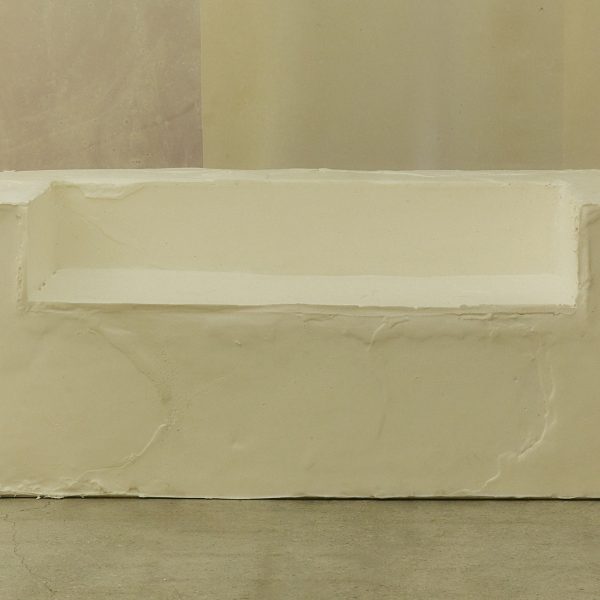it's a monday, and i've got good news
it's hurricane season and my stomach will be in knots till at least november 1st. this week's good news contains ways for you to support beryl victims, furniture made of bio plastic, more thinking on parenting for liberation, centers of community resources and support in mexico city, and the potential citizen's assemblies have to save us from "democracy" as we experience it in the united states.
i hope you're well, i hope you're resting where you can, and i hope you'll reach out with your own good news or ways this newsletter can be helpful to you.
be the good news
hurricane beryl has over two million people without power in texas and has decimated several carribean nations. more info on how to donate and support below.


biofurniture is here!
Furniture makers including Isomi and Natuzzi have already started experimenting with using natural latex as a substitute for traditional polyurethane upholstery foam, as the plastic is hard to recycle and contains toxic chemicals. Hvillum argues that Procel could offer another promising alternative, as it can be endlessly recast to form new products or simply buried outside in the garden, where it will degrade within a month. "We are basically investigating fluidity," Hvillum said. "So everything is in motion and things can move on to have another life." "This is how we envision the future to be."

one time for the parents raising children who believe a better world is possible
I truly think there should be different ways to engage children and adults in revolutionary political education. I mentioned the Saturday School that my son attends where he learns about African countries, and just sitting in that class with him virtually, I’ve also learned. I think when we think about political education, in general, and revolutionary political education, more generally, there is this idea that heads are in books in silence and it is serious business. And it is serious business, but it is also interactive, it is engaging, it can look like book clubs, a screening, or a discussion on something heard on the news, but however one conducts P.E., the fundamental question should always be, what is the objective? Are we trying to make our children aware or are we trying to make them conscious? Children, like many of us, are aware of our material conditions, but how many of us are conscious of why?

once again we look to mexico for models of autonomous community care
The name UTOPÍAS is an acronym for Unidades de Transformación y Organización Para la Inclusión y la Armonía Social, or Units for Transformation and Organization for Inclusion and Social Harmony. I was told Iztapalapa currently has 12 up and running and another 4 in the works. The idea is a network of safe, free, public sites that provide poor and working class people with what they need for the maintenance, enhancement, and enjoyment of everyday life. Food. Health. Elder care. Child care. A cheap laundromat... These are photos from Utopía Meyehualco.
The Utopías created by Mexico City’s borough of Iztapalapa are a brilliant example of collective amenity and a public infrastructure of care—and the most inspiring ongoing municipal project with which I‘m familiar. Every city should be learning from Iztapalapa and Mexico City pic.twitter.com/0CqNkfWBMf
— David Madden (@davidjmadden) July 6, 2024
citizens' assemblies as effective alternatives to current "democracy"
The Washington climate assembly, which concluded in 2021, was one of America’s first statewide experiments in hosting a citizens’ assembly—a political model that gives ordinary citizens a greater role in guiding political decisions. Citizens’ assemblies have flourished across Europe in recent years, often initiated by legislators aiming to counteract a growing distrust in governments. In places like Ireland and France, they’ve been pivotal in decisions to legalize abortion, permit same-sex marriage, and pursue more ambitious climate action. Though their success has varied, they’ve often demonstrated that, through education and deliberation, ordinary citizens can find common ground on divisive issues. Their recommendations are sometimes more ambitious than those proposed by policymakers and considered more trustworthy by the public.

as always, i hope this was useful.
if it was and you've got five bucks a month to spare, click here.
with hope,
katie wills evans


